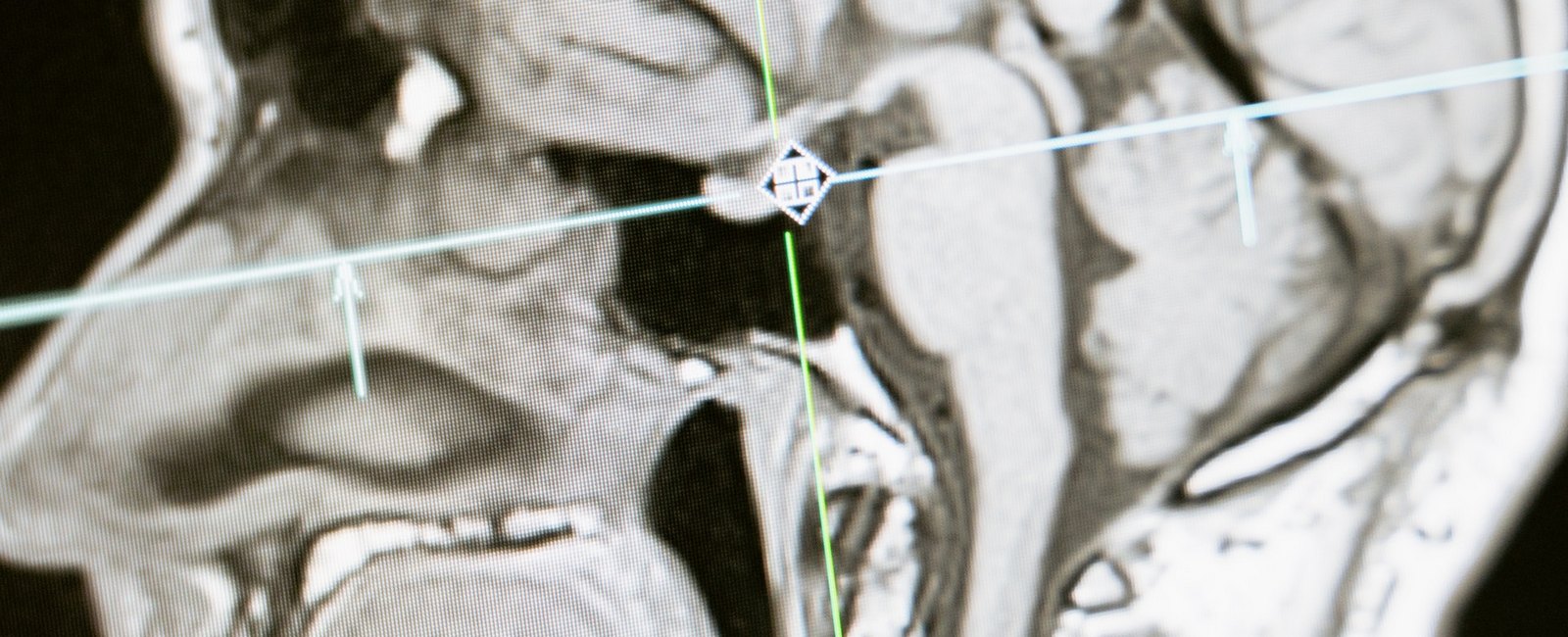Targeted therapy for cancer is the most gentle method of treatment with special drugs, which affect only cancerous cells and do not damage healthy cells. Once in the body, these drugs recognize malignant cells by special proteins and go directly to them.
How does a targeted treatment work?
- Blocks or “turns off” the chemical signals that make a cell grow and divide.
- Affects a protein in the cancer cell, causing it to break down.
- Prevents the formation of new blood vessels that feed the malignant tumor.
- Activates the immune system so that it recognizes and destroys only cancer cells on its own.
- Carries toxins to malignant cells that destroy them.
Important to know! The main difference between targeted and chemotherapy, according to the American Cancer Society, is that the former destroys only malignant cells and preserves healthy cells, while the latter affects all cells. That is why the patient has almost no side effects with targeted therapy.
Who is suitable for treatment with targeted drugs?
The U.S. Food and Drug Administration (FDA) has approved targeted therapies to treat 15 types of cancer, including:
- bladder and kidney cancers;
- malignant brain tumors;
- cervical, endometrial, ovarian cancers;
- breast cancer;
- colorectal cancer;
- Endocrine and neuroendocrine tumors;
- leukemia;
- Tumors of gastrointestinal organs (esophagus, stomach, pancreas, liver);
- lymphoma;
- lung cancer;
- Thyroid malignancies;
- skin cancer;
- prostate cancer.
Specialists at the U.S. National Institute of Oncology emphasize that tumor targeting therapy is only possible if doctors find a certain mutation in cancer cells that can be targeted by the drug. For this purpose, a biopsy (obtaining and examining a tissue sample of the tumor) with immunohistochemical and genetic studies is performed.
In some cases, in order for a patient to be prescribed a targeted cancer treatment, the tumor must meet certain criteria, such as not responding to other techniques, being inoperable or having a certain degree of spread in the body (metastases). Therefore, only a doctor can prescribe such treatment after a comprehensive examination of the patient and study of his or her medical history.
How is treatment with targeted drugs?
According to the U.S. National Cancer Institute, how targeted therapy goes depends on the diagnosis, the drug prescribed and the overall condition of the patient. Some drugs need to be taken daily, once a week or once a month, while others require treatment in courses to allow the body to recover.
Medications can be taken in the form of pills, shots, or IVs.



